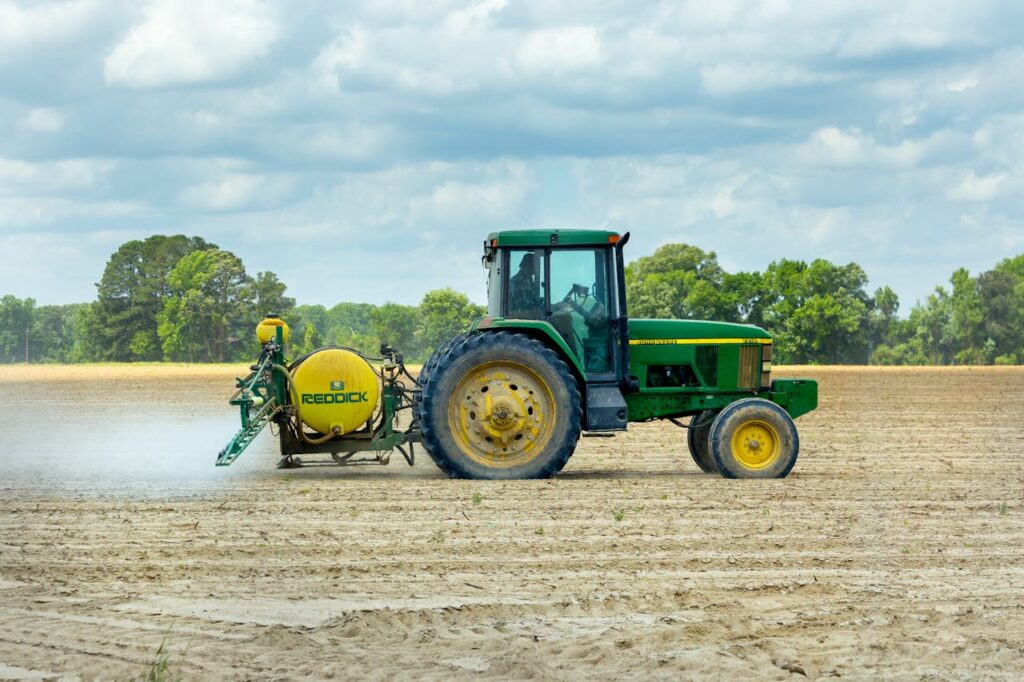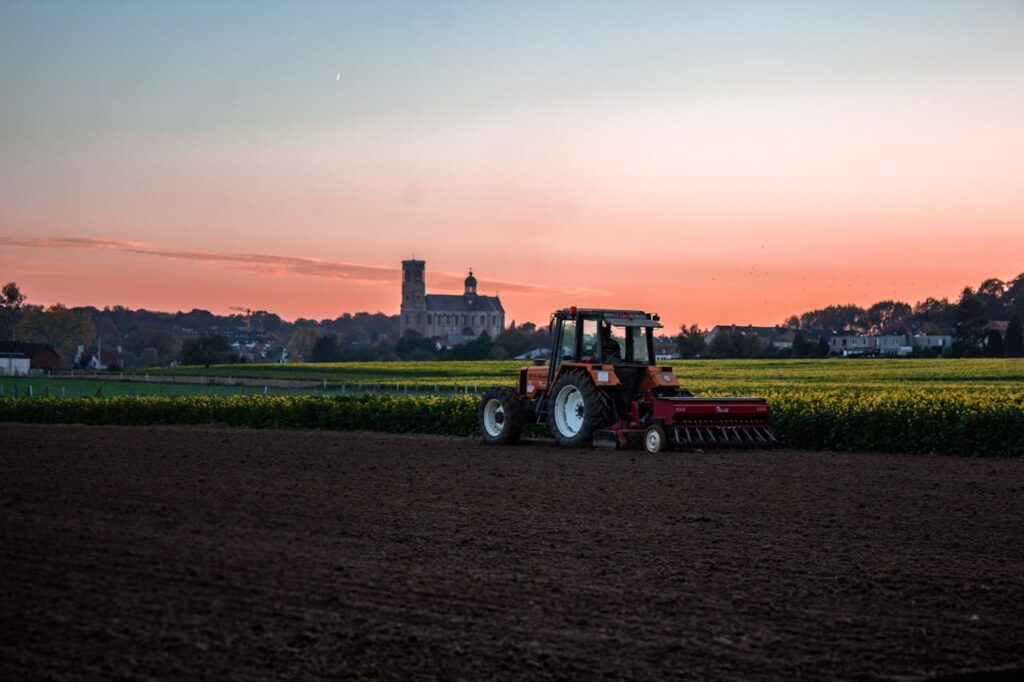Market linkage services are critical for connecting farmers with markets, ensuring they receive fair prices and reducing post-harvest losses. In India, where agriculture is a major livelihood source, effective market linkages can significantly enhance farmers’ incomes and contribute to the agricultural economy.
Current Challenges in Agricultural Marketing

Fragmented Supply Chains: Small and marginal farmers often lack access to organized markets, leading to exploitation by middlemen.
Lack of Infrastructure: Inadequate storage and transportation facilities result in high post-harvest losses.
Price Volatility: Farmers face price fluctuations due to market dynamics, affecting their income stability.
Limited Market Information: Many farmers lack access to real-time market information, hindering their ability to make informed decisions.
Components of Market Linkage Services

- Direct Market Access: Initiatives that enable farmers to sell directly to consumers or large buyers, bypassing intermediaries.
- E-Marketing Platforms: Digital platforms that connect farmers with buyers, providing price transparency and wider market access.
- Contract Farming: Agreements between farmers and companies that ensure a market for their produce at predetermined prices.
- Farmer Producer Organizations (FPOs): Collectives that empower farmers to negotiate better prices and access resources collectively.
Key Market Linkage Initiatives in India

e-NAM (National Agriculture Market): A pan-India electronic trading portal that links existing APMC (Agricultural Produce Market Committee) mandis to create a unified national market for agricultural commodities.
As of recent data, over 1,000 mandis are integrated into e-NAM, benefiting millions of farmers.
Agri-Tech Startups: Companies like Ninjacart, DeHaat, and Crofarm provide market linkage by connecting farmers directly to retailers and consumers through technology.
These startups use data analytics to optimize supply chains and ensure better pricing for farmers.
Government Schemes: Schemes like the Agricultural Marketing Infrastructure (AMI) provide financial assistance for the development of marketing infrastructure, such as warehouses and cold storage.
Kisan Rail: A government initiative that provides dedicated trains for the transportation of agricultural produce, reducing transit time and ensuring freshness.
Benefits of Market Linkage Services

Fair Pricing: By reducing intermediaries, farmers receive a higher share of the final market price.
Reduced Post-Harvest Losses: Improved storage and transportation reduce losses and maintain produce quality.
Increased Bargaining Power: FPOs and collective bargaining enhance farmers’ negotiation capabilities with buyers.
Market Intelligence: Access to market trends and price information enables farmers to make better production and marketing decisions.
Challenges in Implementation

Digital Divide: Limited internet connectivity in rural areas can hinder access to e-marketing platforms.
Awareness and Training: Farmers need training to use digital tools and understand market dynamics effectively.
Policy and Regulatory Hurdles: Regulatory barriers in different states can complicate the implementation of market linkage services.
Future Prospects
The future of market linkage services in India is promising, with increasing digitization and policy support. Integrating technologies like blockchain can enhance transparency and traceability in the supply chain. Continued focus on infrastructure development and farmer education will be crucial in maximizing the benefits of market linkage services.

Conclusion
Market linkage services are vital for the sustainable development of agriculture in India. By connecting farmers to markets, these services improve income levels, reduce wastage, and empower the agricultural community. With continued investment and innovation, market linkages will play a key role in transforming Indian agriculture into a more resilient and prosperous sector.